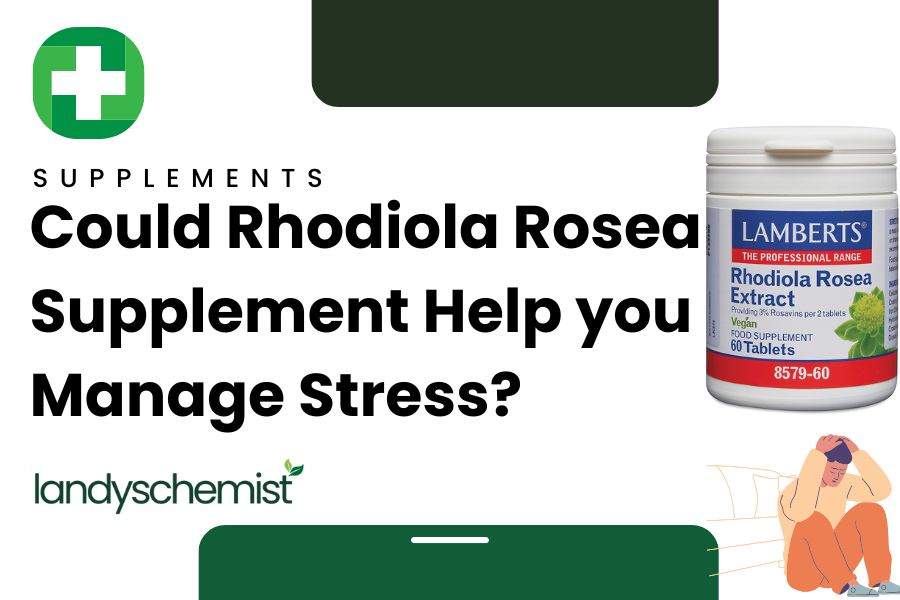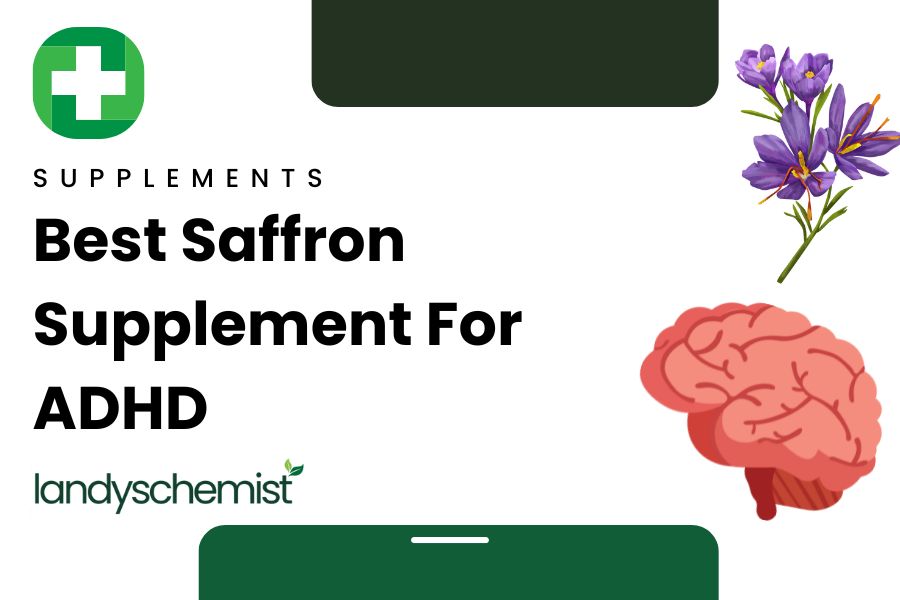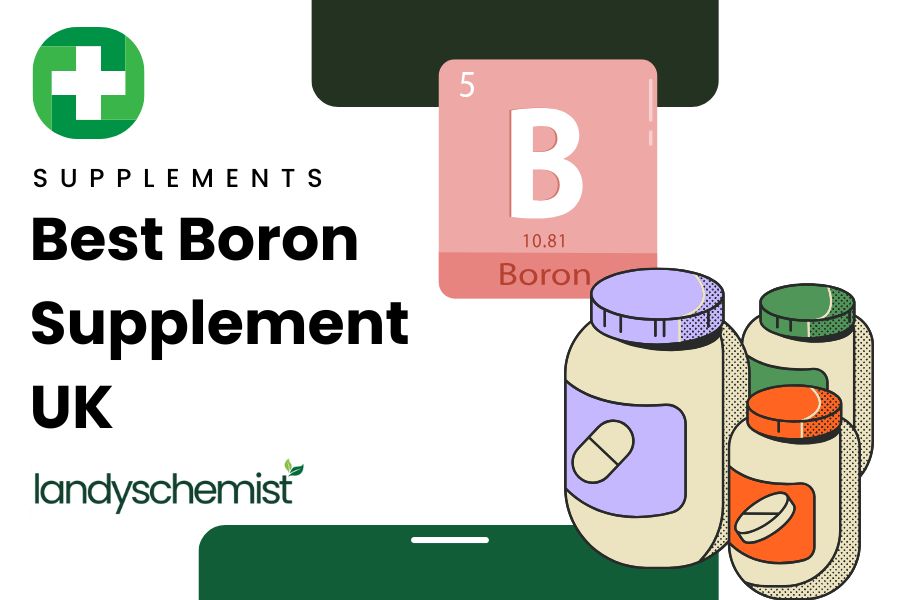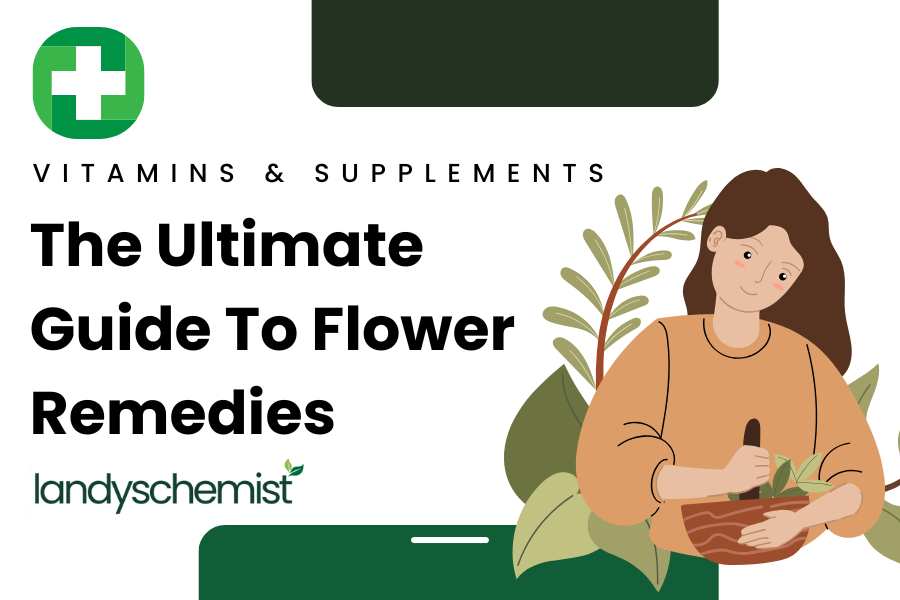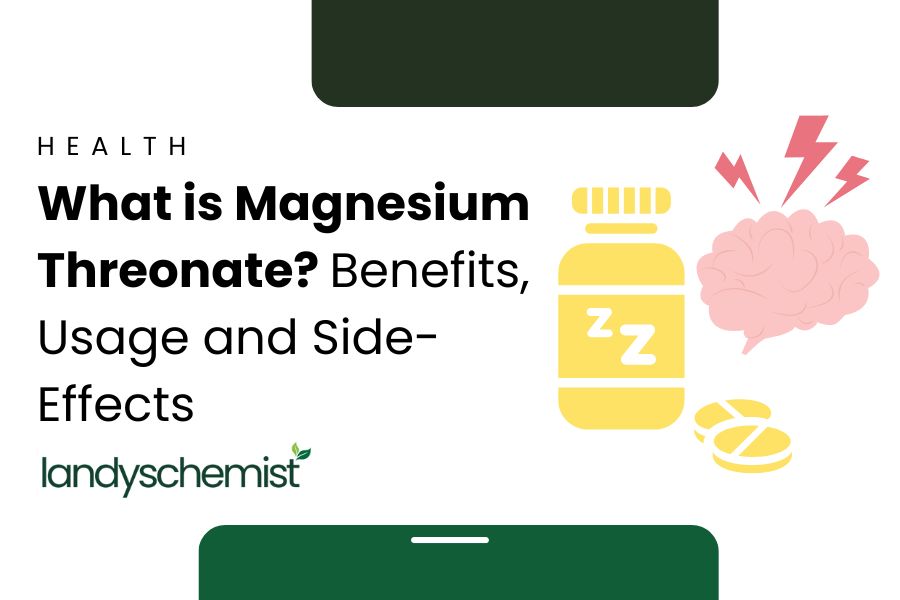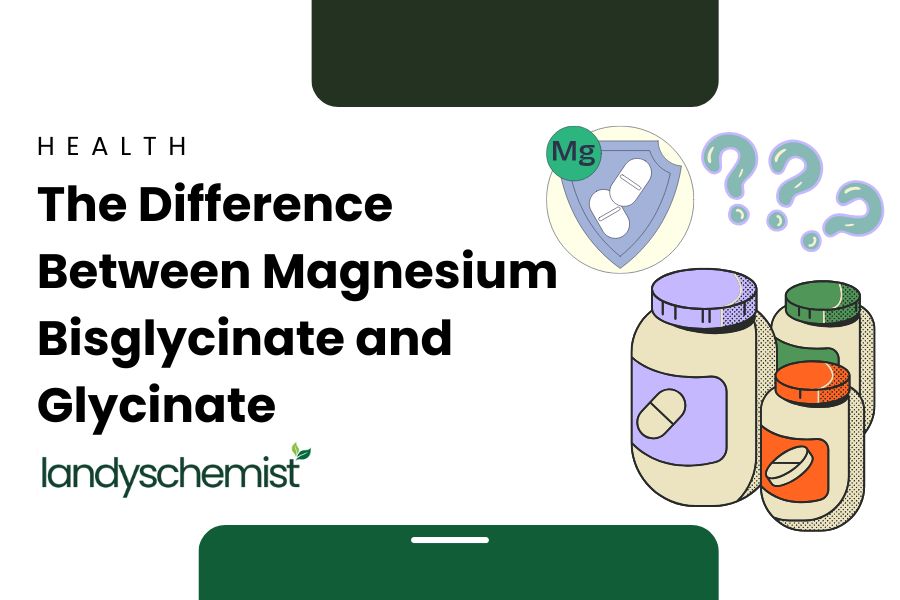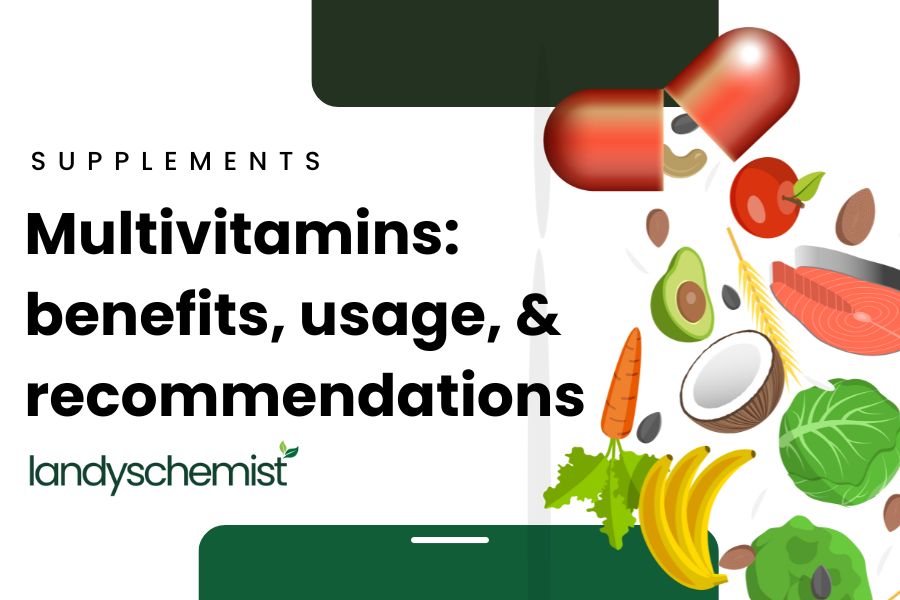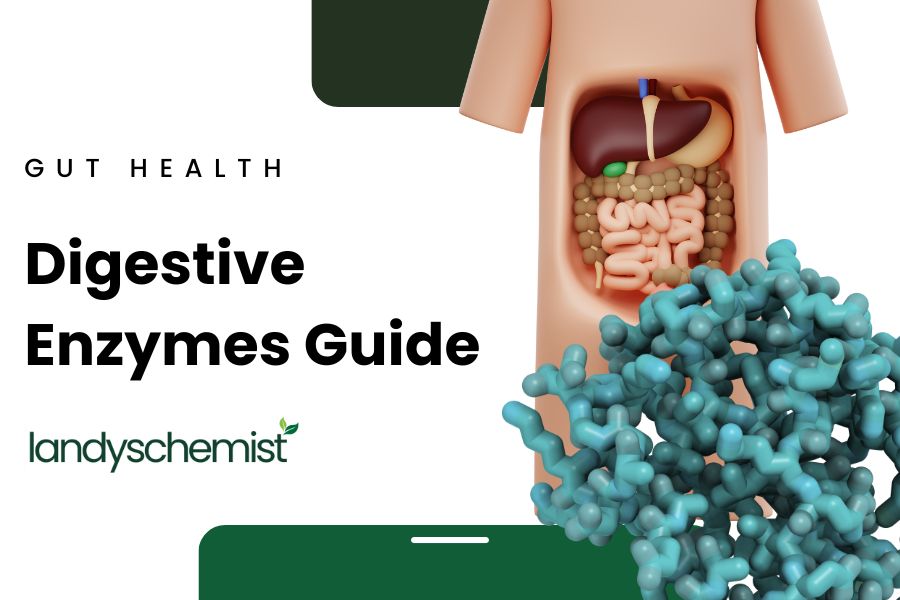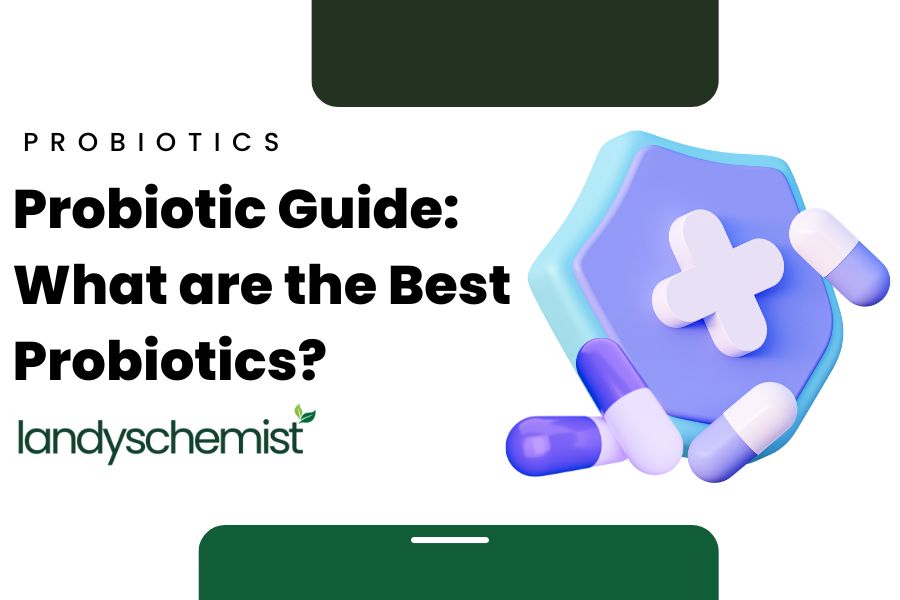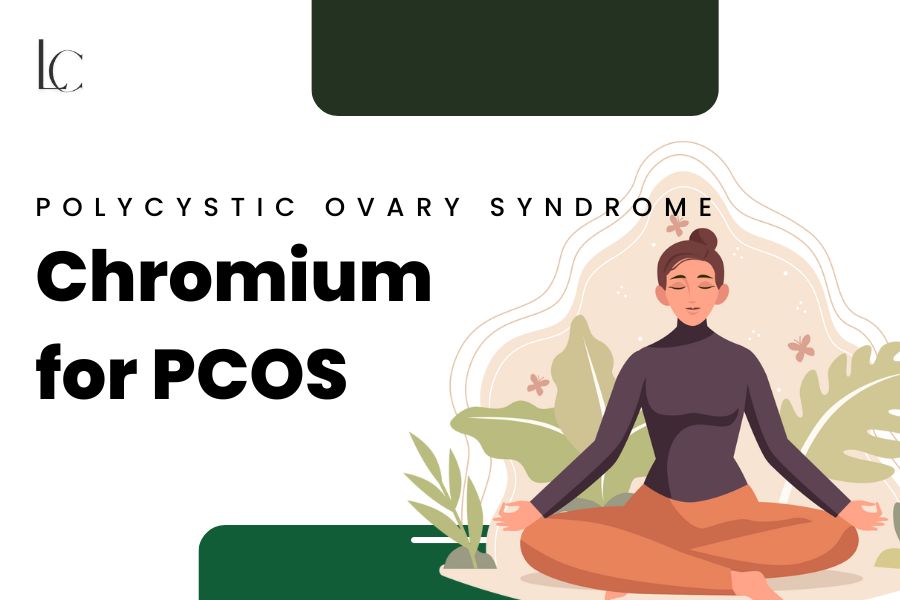Discover how Rhodiola Rosea, a powerful adaptogenic herb, may help manage stress, combat fatigue, and support mental resilience. Explore its potential benefits, scientific studies, and how to incorporate it into your routine.
Vitamin and minerals
- March 11, 2025Read more »
- March 03, 2025Read more »
Discover the best boron supplements in the UK and learn how this essential trace mineral may support bone health, cognitive function, hormonal balance, and overall well-being.
- February 07, 2025Read more »
In this article we explore flower remedies, their purposes and benefits and provide lots of advice about how to choose the perfect flower remedy.
- November 29, 2024Read more »
Discover the benefits, usage and side effects of Magnesium L-Threonate, a brain-boosting supplement that enhances memory, focus, sleep, and cognitive health
- November 22, 2024Read more »This blog explains the identical structure, benefits, and subtle naming differences between magnesium bisglycinate and magnesium glycinate.
- August 21, 2024Read more »
Multivitamins are designed to provide a range of essential vitamins and minerals, helping to fill nutritional gaps, but how effective are they?
- July 24, 2024Read more »
Here we explore probiotics, what they are, natural sources and the best approaches for a range of symptoms and issues.
- April 29, 2024Read more »
Learn the benefits and efficacy of chromium supplementation for combating symptoms of PCOS.

